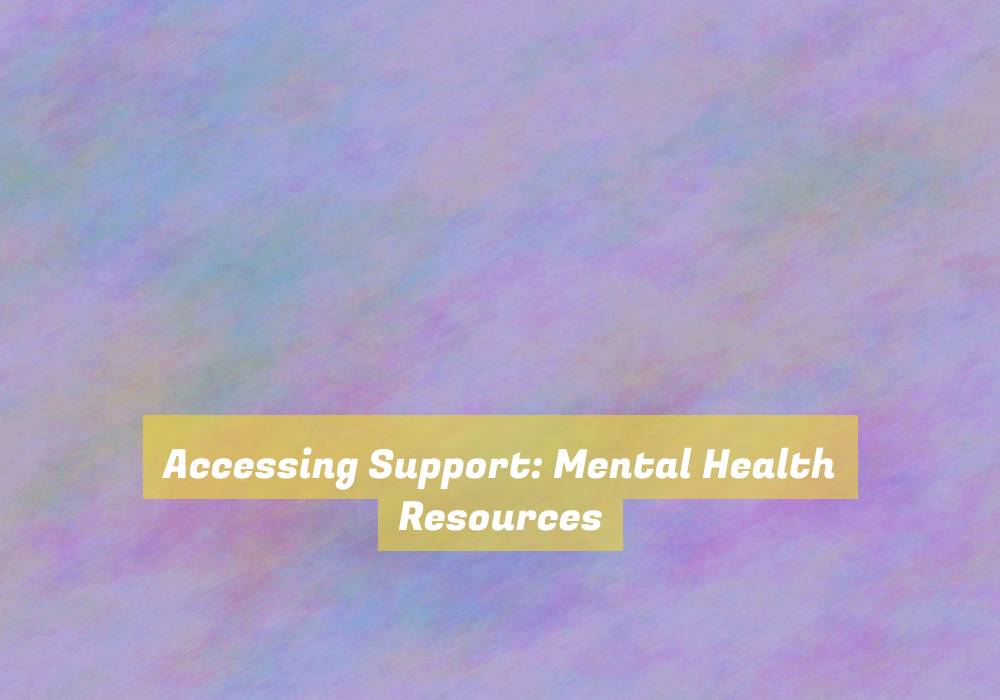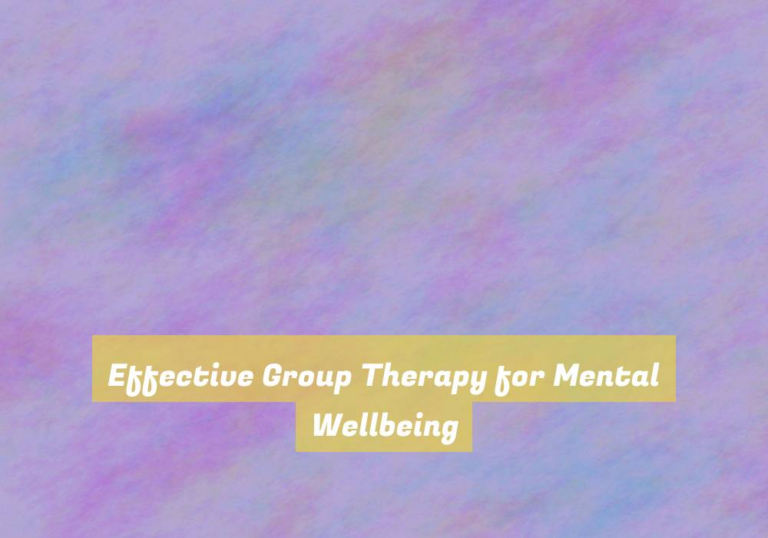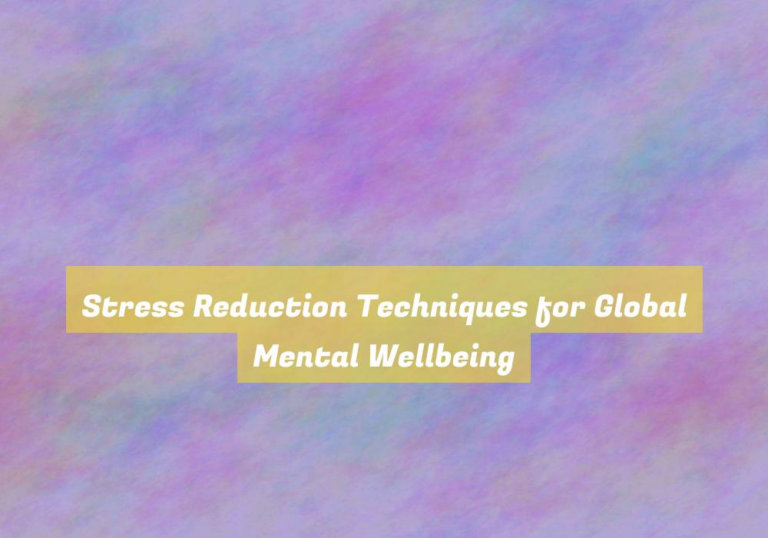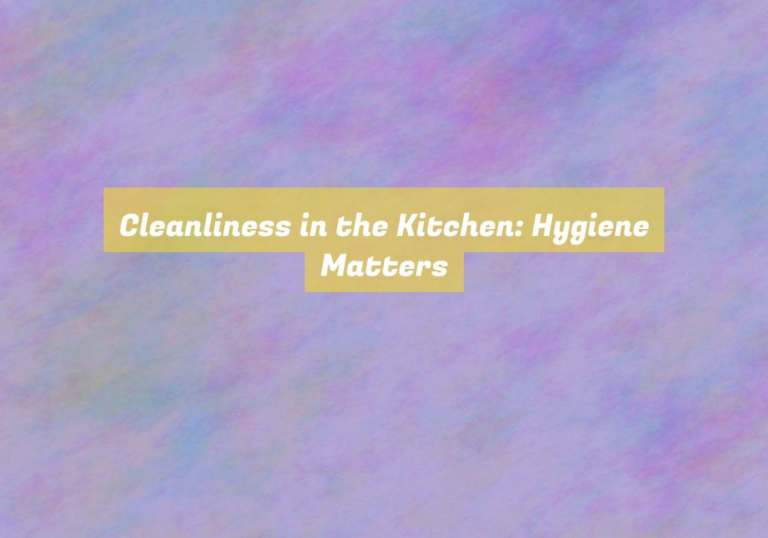Accessing Support: Mental Health Resources
YouG??ve probably heard the phrase G??itG??s okay to not be okay,G?? and while it may sound clich+?, the truth behind it is profound.
When it comes to mental health, seeking support and resources is crucial, but it can feel overwhelming to know where to start.
Fortunately, there are numerous avenues available to help you navigate the complexities of mental health.
From traditional therapy and counseling to crisis hotlines and online resources, understanding the range of options can make a significant difference in finding the support that best suits your needs.
Types of Therapy and Counseling
When choosing therapy or counseling, itG??s important to consider the different types available to find the best fit for your needs.
One common type is cognitive-behavioral therapy (CBT), which focuses on changing negative thought patterns and behaviors. If you struggle with anxiety or depression, CBT can be effective in helping you develop coping skills and changing harmful thought processes.
Another option is interpersonal therapy, which concentrates on improving communication and relationship patterns. This type of therapy is beneficial for individuals struggling with relationship issues or whoG??ve experienced a major life change or loss.
Additionally, psychodynamic therapy delves into unconscious patterns and past experiences to understand present behavior. This can be helpful for those seeking insight into long-standing emotional difficulties.
Furthermore, if you prefer a more holistic approach, you might consider art therapy or mindfulness-based therapy. Art therapy allows you to express yourself creatively, while mindfulness-based therapy focuses on being present in the moment and cultivating self-awareness.
Consider these different types of therapy and counseling to determine which aligns best with your individual needs.
Crisis Hotlines and Helplines
Considering the importance of accessible mental health support, itG??s crucial to be aware of crisis hotlines and helplines as immediate resources during times of distress. When youG??re in crisis, these hotlines provide confidential support from trained professionals who can offer guidance, reassurance, and assistance in accessing further help if needed.
The National Suicide Prevention Lifeline (1-800-273-TALK) and Crisis Text Line (text HOME to 741741) are available 24/7 for anyone in crisis, providing free and confidential support. If youG??re a veteran, the Veterans Crisis Line (1-800-273-8255 and press 1, or text 838255) offers specialized support. Additionally, LGBTQ+ individuals can reach out to The Trevor Project (1-866-488-7386) for crisis intervention and suicide prevention services.
These hotlines and helplines are crucial for providing immediate support during moments of crisis, ensuring that you have access to assistance and someone to talk to when you need it most. ItG??s essential to keep these resources in mind and share them with others, as they can be lifesaving during times of emotional turmoil.
Support Groups and Communities
Joining a support group or community can provide valuable connections and understanding as you navigate your mental health journey. These groups offer a safe space to share experiences, receive empathy, and gain insights from others who are going through similar challenges. Whether itG??s an in-person meeting or an online forum, being part of a supportive community can alleviate feelings of isolation and help you realize that you arenG??t alone in your struggles.
Support groups and communities come in various forms, catering to specific mental health conditions, such as depression, anxiety, PTSD, or bipolar disorder. You can also find groups focused on particular demographics, such as LGBTQ+ individuals, veterans, or new mothers. Being part of a community that understands your unique experiences can foster a sense of belonging and validation.
In addition, these groups often provide practical resources and information about coping strategies, treatment options, and local mental health services. They can also serve as a source of motivation and inspiration as you witness othersG?? progress and recovery. By participating in a support group or community, you can gain valuable support, learn from others, and contribute to a network of understanding and empathy.
Online Mental Health Resources
You can access a wealth of online mental health resources to support your well-being and provide valuable information and guidance.
Many reputable websites offer articles, videos, and forums where you can learn about various mental health conditions and treatment options. These resources often provide coping strategies, self-help tools, and even access to online therapy or counseling services.
Online mental health resources can also include mobile apps designed to help manage stress, anxiety, and depression. These apps often offer features such as mood tracking, guided meditation, and relaxation exercises.
Additionally, some online resources provide screening tools for mental health disorders, allowing you to assess your symptoms and seek appropriate help.
ItG??s important to ensure that the online resources you use are from reliable sources, such as mental health organizations, reputable medical institutions, or licensed professionals.
Always prioritize your safety and well-being when using online mental health resources, and donG??t hesitate to reach out for professional help if needed.
Conclusion
Remember, you arenG??t alone in your mental health journey. There are various resources available to support you, including therapy and counseling, crisis hotlines, support groups, and online resources.
DonG??t be afraid to reach out and ask for help when you need it. Accessing support is an important step towards taking care of your mental well-being.
You deserve to feel supported and empowered on your journey towards better mental health.





